イベント&アクティビティ
Axel Klein to discuss political populism in Japan in hybrid DIJ Study Group

Compared to other liberal democracies, Japan’s political system has a few rare characteristics, including the dominance of a single political party and the absence of an electorally relevant green party. But what about populism? Are there populist parties or populist politicians? The few studies that deal with this question have identified Ishin no Kai (Japan Restoration Party), Tomin Fāsuto (Citizens of Tokyo First), Koizumi Jun’ichirō, Hashimoto Tōru, Koike Yuriko, and Yamamoto Tarō (Reiwa Shinsengumi) as the usual suspects. This presentation will introduce the Japan track of a larger project presently underway at the University of Duisburg-Essen entitled “Populism in East Asian Democracies”. DIJ alumnus Axel Klein will address the questions above and explain his view on why there may be smoke without a fire when it comes to populism in Japan. Details and registration here
Axel Klein, University of Duisburg-Essen (Germany)
DIJ researchers at Nichibunken Seminar on Japanese Studies
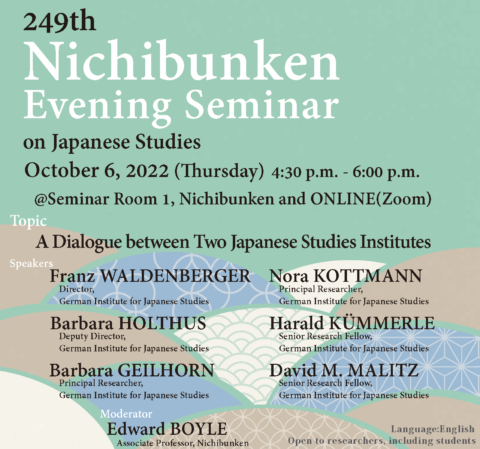
To commemorate the new academic exchange agreement between the DIJ and the International Research Center for Japanese Studies (Nichibunken), researchers from both institutes will discuss the state and future of research in Japanese Studies at the 249th Nichibunken Evening Seminar on October 6. They will discuss Japan as a research object from Japanese and foreign perspectives and address the challenges for international Japanese Studies. The DIJ delegation will include director Franz Waldenberger, deputy director Barbara Holthus, research fellows Barbara Geilhorn, Nora Kottmann, Harald Kümmerle, and David M. Malitz. The seminar will be held in hybrid format at the Nichibunken in Kyoto and online (Zoom). It will be moderated by Edward Boyle, Associate Professor at the International Research Center for Japanese Studies. Details and registration here
DIJ online talk on Minakata Kumagusu, Queer Nature, and the Microbial Paradigm
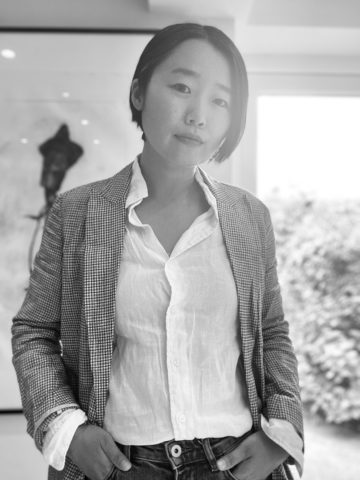
This talk in the DIJ Environmental Humanities in East Asia lecture series considers the role of non-humans in the intellectual history of modern Japan through the case study of the Buddhist naturalist-polymath Minakata Kumagusu. Building on Kumagusu’s fascination over the microbe slime mold, Eiko Honda delineates the ways in which a parallel paradigm of interdisciplinary knowledge production emerges when the historian places microbes as the basis for the historical actor’s truths (‘queer nature’). The paper reveals a novel account of civilization theory and evolutionism that eventually formulated what she calls the ‘microbial paradigm’ that existed in history, but not in historiography. The talk reflects on what’s at stake when one does or does not decentre the focal point of knowledge production in history, and what kind of implications it may have on present-day research and teaching in area studies. Details and registration here
Eiko Honda, Aarhus University
DIJ Method Talk on Delphi Survey, Technology, and Unpaid Domestic Work

The future of work has emerged as a prominent topic for research and policy debate. In this session of the DIJ Method Talk series, Lulu Shi and Nobuko Nagase will discuss and present results from their Delphi survey to predict how technology may transform unpaid domestic work. On average, 65 AI experts from the UK and Japan predicted that 39 percent of the time spent on 17 housework and care work tasks will be automatable within ten years. The survey provides the first quantitative estimates concerning the future of unpaid work and demonstrates how such predictions are socially contingent, with implications to forecasting methodology. It also investigates how willingness to use smart technologies varies across gender, household income, time pressure, type of domestic work, and its price. Details and registration here
Lulu Shi, Oxford University and Nobuko Nagase, Ochanomizu University
Franz Waldenberger discusses Global Knowledge Infrastructures

The sheer volume of numbers, data, and facts is growing and the speed of generating scientific knowledge is ever accelerating. As access to knowledge is becoming more global and digital through open-source projects, its reliability, verifiability, and accessibility has been called into question. But establishing a sustainable knowledge infrastructure can also be a key to securing economic growth, welfare, and individual well-being. Together with Thomas Elm (Managing Director Europe, Goodpatch GmbH), DIJ director Franz Waldenberger will discuss how a stable knowledge infrastructure can be created and sufficiently maintained. What are the challenges to providing this infrastructure for and with an intercultural Japanese-German background? What is the potential of the digital transformation for growth and a reliable knowledge infrastructure? This on-site event takes place on September 13 at the Japanese-German Center Berlin as part of the ‘Hiru no kai’ discussion series, organised by the Japanese-German Business Association (DJW). Details and registration here
DIJ Study Group with Cornelia Storz compares flexible and rigid retrenchment strategies
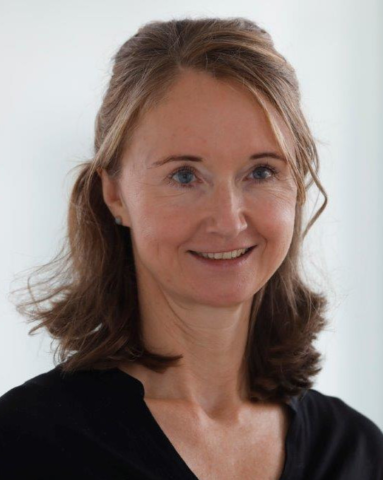
Firms in many advanced economies practice flexible retrenchment strategies to react to a crisis or to adjust to organisational decline in order to lower labour costs. Building on signalling theory and the neo-institutional and resource-based view, this presentation analyses two research questions: (1) What are the effects of “flexible retrenchment strategies” (such as wage-based and functional flexibility) on investor reactions as compared to “rigid strategies” (such as pure downsizing)? (2) How do a firm’s knowledge assets shape the relationship between investor reactions to flexible strategies as compared to rigid strategies? Using a novel data set of 242 retrenchment announcements by Japanese firms, the study finds that flexible strategies are significantly and positively associated with a higher likelihood that the firm value of retrenchers increases. This suggests that investors perceive flexible strategies as a capability signal, rewarding innovative firms depending heavily on the knowledge of their employees. Details and registration here
Cornelia Storz, Goethe University Frankfurt
DIJ researchers and alumni at 18th Japanologentag
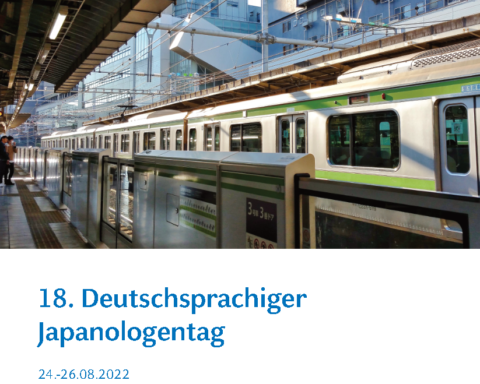
Six DIJ researchers and more than 30 DIJ alumni will be active at the 18th German-speaking Japanese Studies Conference (Deutschsprachiger Japanologentag) as panelists, chairs, and section organisers. Harald Kümmerle (“Die japanische Initiative ‘Data Free Flow With Trust’ aus infrastruktureller und begriffsgeschichtlicher Perspektive”), Markus Heckel (“Die unkonventionelle Geldpolitik der Bank von Japan”), and Celia Spoden (“Soziale Chancen und Risiken digitaler Technologien: Cybernetische Avatare und cyberphysische Räume als neue Möglichkeiten zur Partizipation an der Arbeitswelt”) will give presentations in the Economics section. Harald will also present a paper on “Big Data” (“Wissenschaftsgeschichtliche Verortung von ‘Big Data’ und Implikationen für die Verwendung digitaler Methoden in der Japanologie”) in the panel on Digital Methods. Together with co-editor and DIJ alumnus Hanno Jentzsch, Sonja Ganseforth will give a book talk on Rethinking Locality in Japan in the Ethnology section. Barbara Holthus and Nora Kottmann are convenors of the Sociology section. The conference takes place online from 24-26 August, 2022. Details and programme (in German) here
Online talk by Lisa Onaga on Silk-Making Knowledge in Amami Ōshima
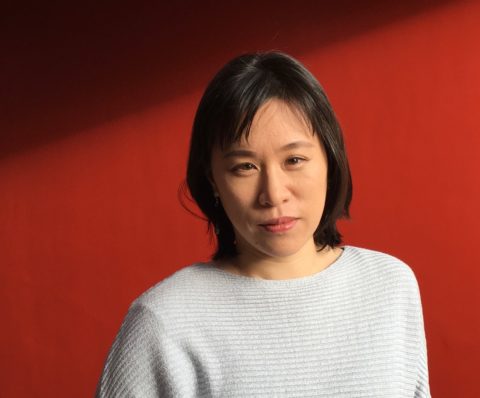
The signature designs featured on Amami Ōshima tsumugi textiles today are so intricate that they can resemble shimmering pixels on a computer screen. Even though designers have been confined to the geometry of squares, the patterns appearing on these textiles have changed remarkably over time. Why? This talk reflects upon recent fieldwork conducted in Amami Ōshima driven by this simple question. Study of the dynamic process of textile production illuminates the complicated archipelagic location between Kagoshima and Okinawa that has informed Ōshima tsumugi production and trade. Tracing how weavers themselves scrutinized the notion of Amami Ōshima tsumugi enables critical contextualization of the postwar consumption of Amami Ōshima tsumugi by the “mainland” relative to the preservation of archipelagic knowledge and livelihood. Details and registration here
Lisa Onaga, Max Planck Institute for the History of Science / DIJ Tokyo

















 Open Access
Open Access
